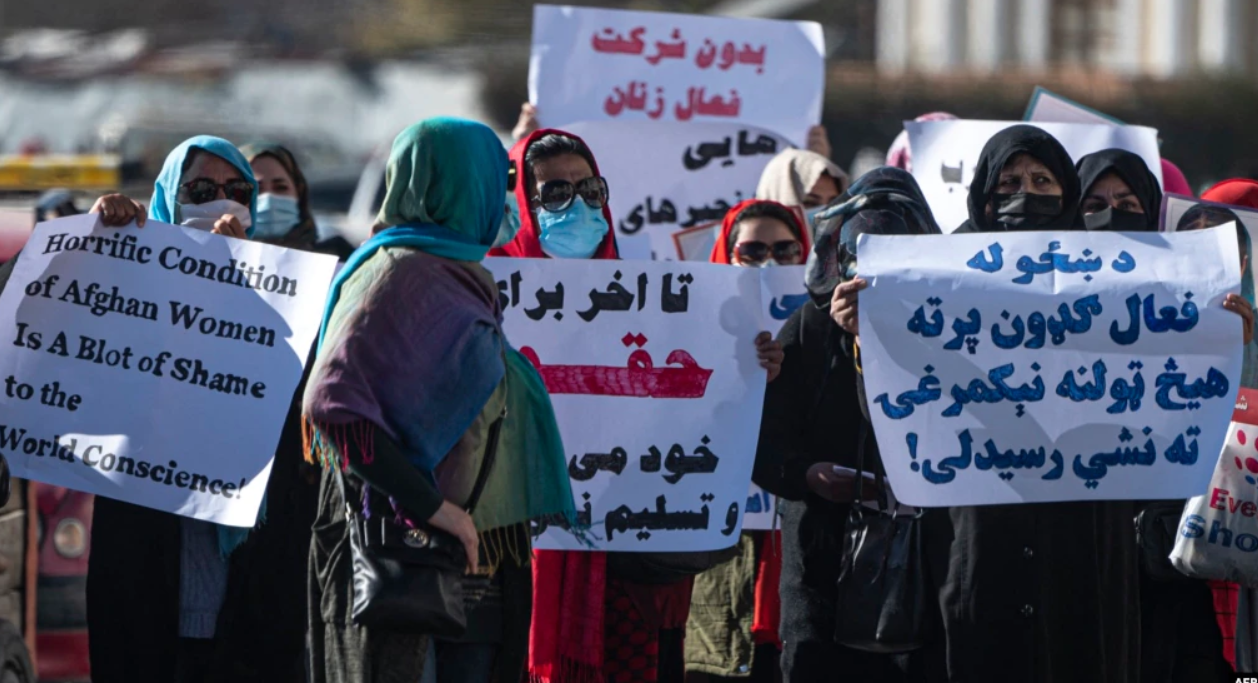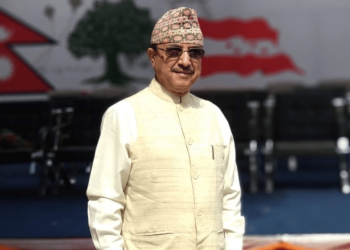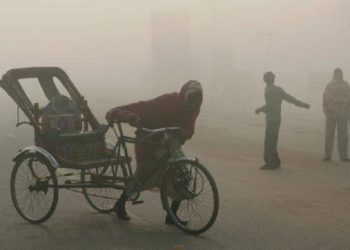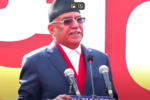ISLAMABAD: A group of independent experts at the United Nations has warned that Taliban restrictions on women’s rights and freedoms in Afghanistan could amount to a “crime against humanity.”
The experts demanded in a joint statement Friday that the Taliban treatment of women and girls “should be investigated as gender persecution” under international law.
Taliban government spokesman Zabihullah Mujahid on Twitter promptly rejected the allegations as “disrespect to the sacred religion of Islam and against international rules.”
Since returning to power in August 2021, the Taliban have ordered women to cover their faces in public and not undertake long road trips without a close male relative. They have instructed many female government staff members to stay at home.
Teenage girls have been banned from attending school beyond the sixth grade across most of Afghanistan. This month the Taliban banned women from entering parks, amusement parks, gyms and public baths across the country.
“In recent months, violations of women and girls’ fundamental rights and freedoms in Afghanistan, already the most severe and unacceptable in the world, have sharply increased,” the U.N. experts said. “Confining women to their homes is tantamount to imprisonment and is likely leading to increased levels of domestic violence and mental health challenges.”
The experts do not speak for the world body, but they are mandated to report their findings to the United Nations.
‘Erasure’ of women, girls
“Men accompanying women wearing colorful clothing, or without a face covering, have been brutally beaten by Taliban officers,” the experts’ statement noted. “We are deeply concerned that such actions are intended to compel men and boys to punish women and girls who resist the Taliban’s erasure of them, further depriving them of their rights, and normalizing violence against them.”
The U.N. statement came after the Taliban said Wednesday that authorities in eastern Afghanistan had flogged 14 people, including three women, in front of hundreds of onlookers in a football stadium for purported “moral crimes.”
This was the second time in less than two weeks the Islamist rulers administered the punishment to people accused of adultery, false allegations of adultery and theft. On November 11, Taliban authorities in the northeastern Takhar province lashed 10 men and nine women in the presence of elders, scholars and residents.
The public flogging is the latest sign of the Taliban’s application of their strict interpretation of Islamic law, known as Shariah, to criminal justice, and restoring harsh polices of their rule from 1996 to 2001 in much of Afghanistan.
he Taliban reject criticism of their governance, saying their policies are in line with Afghan tradition and Shariah.
Taliban Foreign Ministry spokesman Abdul Qahar Balkhi in written comments to VOA also pushed back against Friday’s assertions by U.N.-appointed experts, and in turn he urged the United Nations to investigate alleged “war crimes” against Afghans by U.S.-led foreign troops during their 20 years of “occupation” of the country.
“[The] current collective punishment of innocent Afghans by the U.N. sanctions regime all in the name of women rights and equality amount to war crimes and crimes against humanity that must be given priority and those involved in the previous and current crimes all prosecuted under international law,” Balkhi said.
Punishing sanctions
The Taliban took over Afghanistan after almost 20 years of insurgency against U.S.-led NATO troops and their Afghan partners. The international troops withdrew from the country days after the Islamist group captured the capital, Kabul.
Many senior leaders in the Taliban administration are under U.N. travel and financial sanctions stemming from the time the group was waging its insurgency.
The sanctions, the international isolation of the Afghan banking sector and suspension of financial assistance have pushed the economy of the largely foreign-aid-dependent country to the brink of collapse since the Taliban takeover.
No country has formally recognized the Taliban government over human rights and terrorism-related concerns. The lack of legitimacy and suspension of foreign financial aid has exacerbated an already bad Afghan humanitarian crisis, with millions of people facing acute food shortages.
VOA









Comment